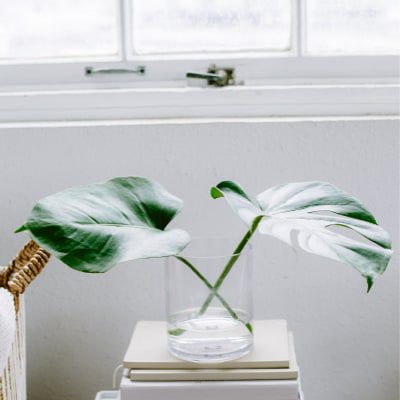What Is Sleep Hygiene? Why Does it Matter? Sleep hygiene is the series of routines, habits, and behaviors you partake in relation to your sleep. Unknowingly or not, each of us has our own rituals and behaviors which may impact our overall feeling of rest. Things like...
Nine Tips For Better Sleep Hygiene
Continue Reading










